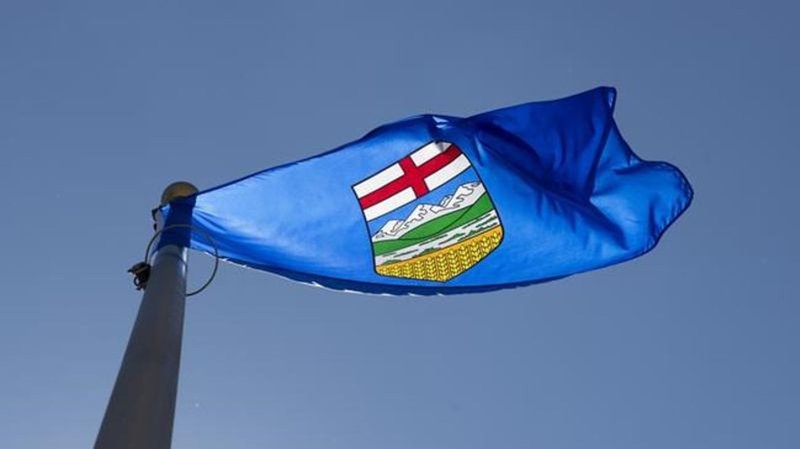
Alberta’s labour shortage and Deputy PM’s friend-shoring: In The News for Oct. 12
In The News is a roundup of stories from The Canadian Press designed to kickstart your day. Here is what’s on the radar of our editors for the morning of Oct. 12 …
What we are watching in Canada …
With labour shortages prevalent across the country, Alberta is targeting residents of Canada’s most expensive cities in a campaign to attract workers, making an affordability pitch it’s hoping will be too hard to resist.
“What did the Albertan say to the Torontonian? You’re hired,” reads one of Alberta’s ads in a downtown Toronto subway station.


